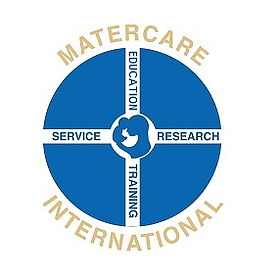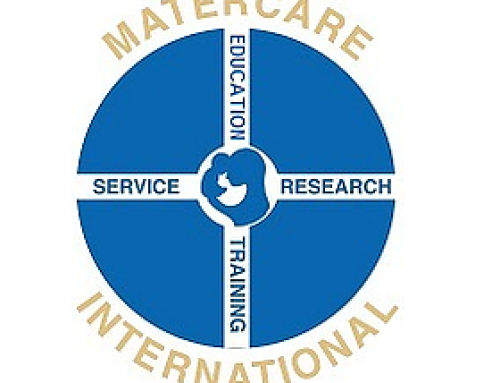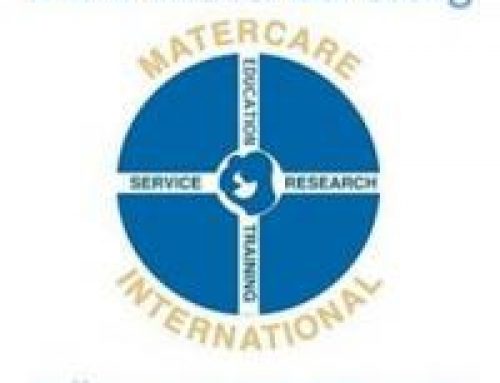MaterCare International Statement on the Proposed Amendments to the Human Fertilisation and Embryology Act (HFEA)
November 20, 2024
In early 2025, the United Kingdom’s Department of Health plans to amend the 1990 “Human Fertilisation and Embryology Act” (HFEA), potentially extending the current 14-day limit on human embryo experimentation. The amendment will allow researchers to create living embryos from human stem cells, so-called human stem cell-based embryo models (SCBEM), for the exclusive purpose of scientific experimentation such as drug research and exposure to teratogens.1 This includes the intentional creation of embryos with known birth defects or exposing them to harmful chemicals. As an organization deeply committed to the sanctity of human life and protecting the health of mothers and babies born and unborn, MaterCare International is profoundly concerned about the ethical and human rights implications of these proposed changes.
There are already significant ethical concerns about IVF as permitted by the 1990 HFEA namely, the enormous and deliberate wastage of embryos resulting from several factors. These include intentional embryo discarding as a quality control measure (embryo selection), embryo death from freezing and thawing associated with embryo storage, the planned overproduction of embryos to increase pregnancy rates, and because of preimplantation genetic diagnosis or prenatal testing and abortion.2 The additional ethical issues associated with embryo storage and selection include embryo donation, experimentation, preimplantation testing, sale, and destruction.3 We believe the amendments represent a dangerous departure from the current baseline and urge the UK Parliament to maintain and strengthen the current limitations, rather than extend them.
The protection of human life, particularly that of vulnerable populations such as unborn children and mothers in low-resource settings, is at the core of MaterCare’s mission.4 We believe that all human life, regardless of stage of development, possesses inherent dignity. The proposed amendments to the HFEA violate this fundamental principle by permitting the industrial-scale production of human embryos for purposes and/ or in ways that do not and cannot protect the life or bring any benefits of health to each of the human embryos involved; even in cases where there is a morally good end, this never justifies employing means which are of their nature immoral. Treating human embryos as mere commodities for research is an affront to their inherent value as human beings.
Moreover, the amendments would allow for the deliberate creation of embryos with malformations or diseases for experimental purposes.5 This type of research not only disregards the dignity of the embryo but also introduces sadistic practices, where embryos are knowingly poisoned or manipulated to develop birth defects, all in the name of scientific progress.
MaterCare rejects the notion that any potential medical or scientific benefits can justify such brutal exploitation.
Allowing this type of research opens the door to further ethical transgressions. The extension of the 14-day rule, combined with the potential large-scale production of embryos for experimentation, moves us toward a future where human beings are created solely for exploitation. This shift risks undermining the sanctity of life in broader societal contexts, including maternal and child health. In settings where MaterCare operates, particularly in low-income countries, the exploitation of vulnerable populations is already a critical issue.6 Any policy that normalizes the commodification of human life only contributes to a culture that devalues the dignity of mothers, children, and the unborn.
MaterCare International strongly opposes the proposed amendments to the HFEA and urges the UK Parliament to reject the extension of the 14-day rule. We call for greater ethical oversight in scientific research and a commitment to uphold the sanctity and dignity of all human life, particularly at its most vulnerable stages.
We believe that scientific advancement and healthcare should always be pursued with respect for human dignity. While we support medical innovation, it must never come at the cost of human life.
In conclusion, the intentional large-scale production and harmful exploitation of human embryos for research which causes them harm is entirely incompatible with the principles of human dignity and must be vigorously opposed.
MaterCare International advocates for ethical maternal healthcare practices that respect life from conception to natural death. We remain committed to supporting mothers and children while promoting healthcare solutions that uphold the sanctity of human life.
References:
- Bhaskaran J., Mutebi N. Human stem cell-based embryo models. UK Parliament POSTnote 716. 28 February, 2024.
https://post.parliament.uk/research-briefings/post-pn-0716/
- Tonti-Filippini N. About Bioethics, Volume 4: Motherhood, Embodied Love and Culture. Chapter: Assisted Reproductive Technology. Ballarat, Australia: Connor Court Publishing, 2013.
- Šeman EI, Mathieson EM, Villa UP, et al. An Evaluation of Controversial Statements in Etica Teologica della Vita. The Linacre Quarterly. 2024;91(4):403-420.
https://doi.org/10.1177/00243639241245316
- Chazan B, Šeman EI, Walley S. MaterCare International in Mission. The Linacre
Quarterly. 2021;88(4):372-380. https://doi.org/10.1177/00243639211038166
- Mallapaty S. The science and ethics of human embryo models. Nature 633, 268-271
(2024).
- Walley, R. The Value of Motherhood. Keynote Address, Poland, June, 2019. https://www.matercare.org/_files/ugd/ca1501_f75356601d7c4b5e82a04d87e1bf1a59.pdf
CONTACT:
MaterCare International
257-C LeMarchant Road
St. John’s, NL
A1E 1P8 CANADA
Telephone: (709) 579 – 6472
Toll Free: (888) 579 – 6472
Fax: (709) 579 – 6501
Email: info@matercare.org
S








